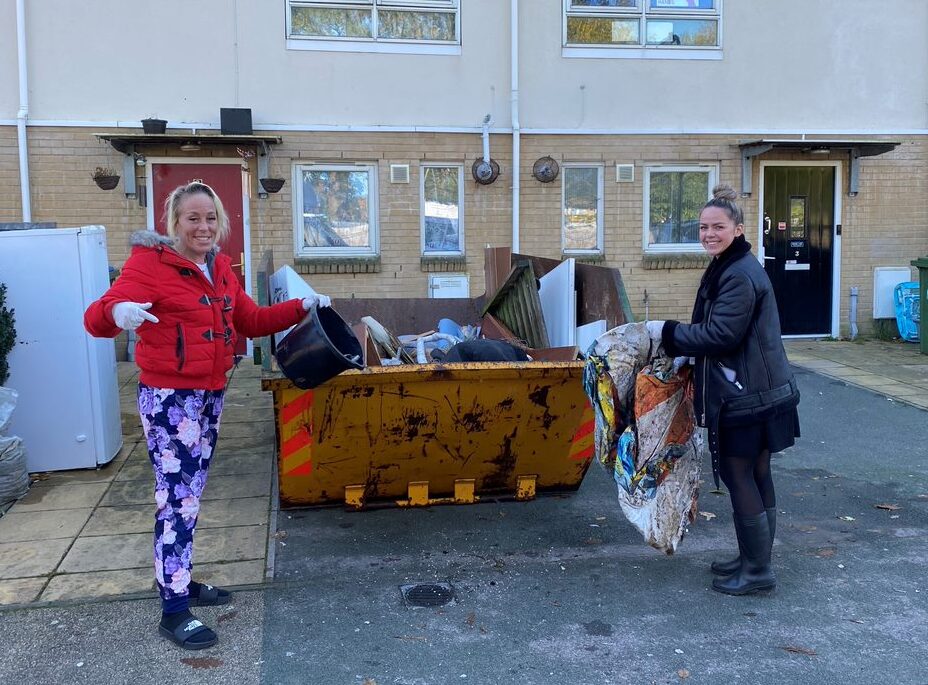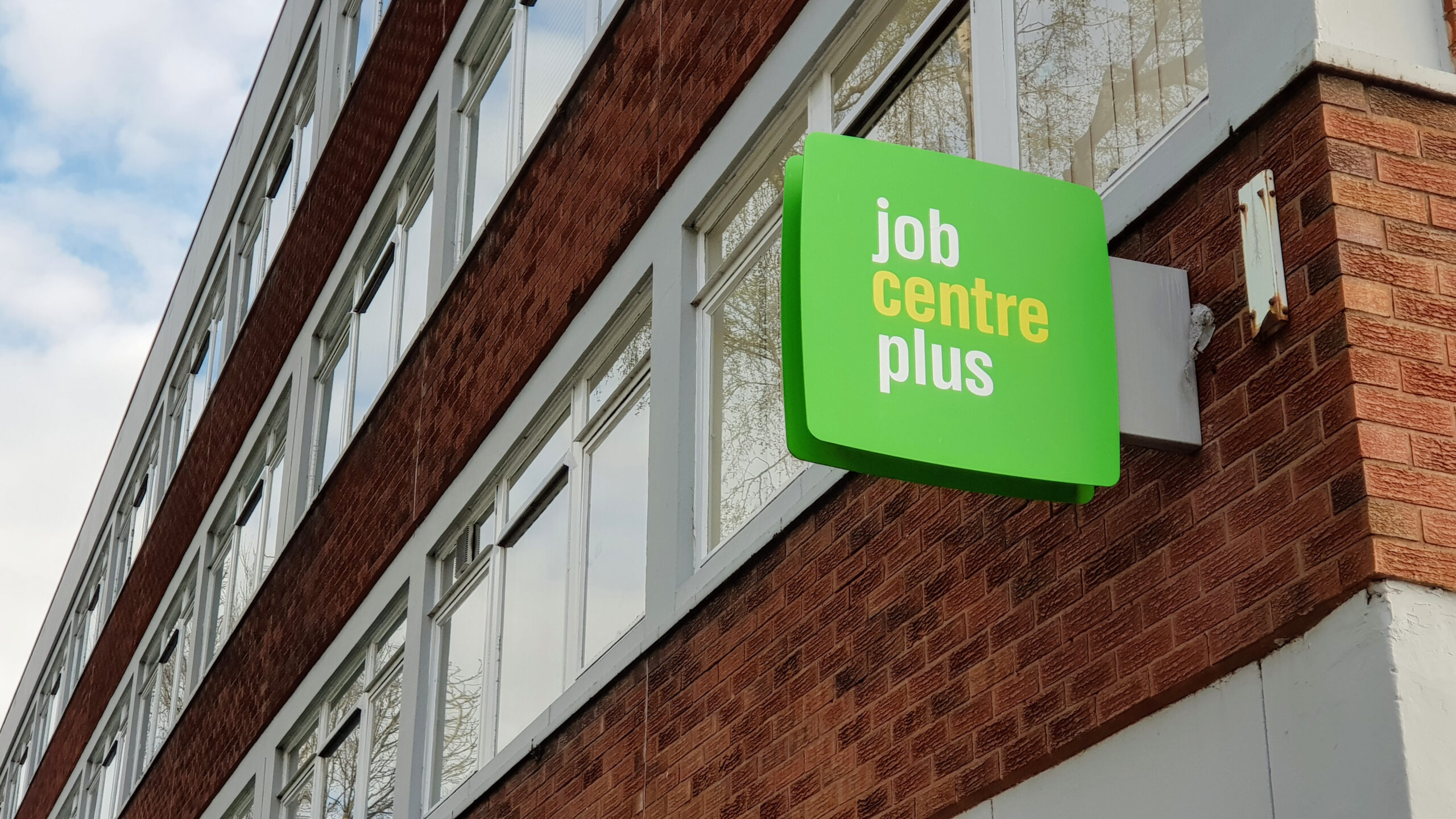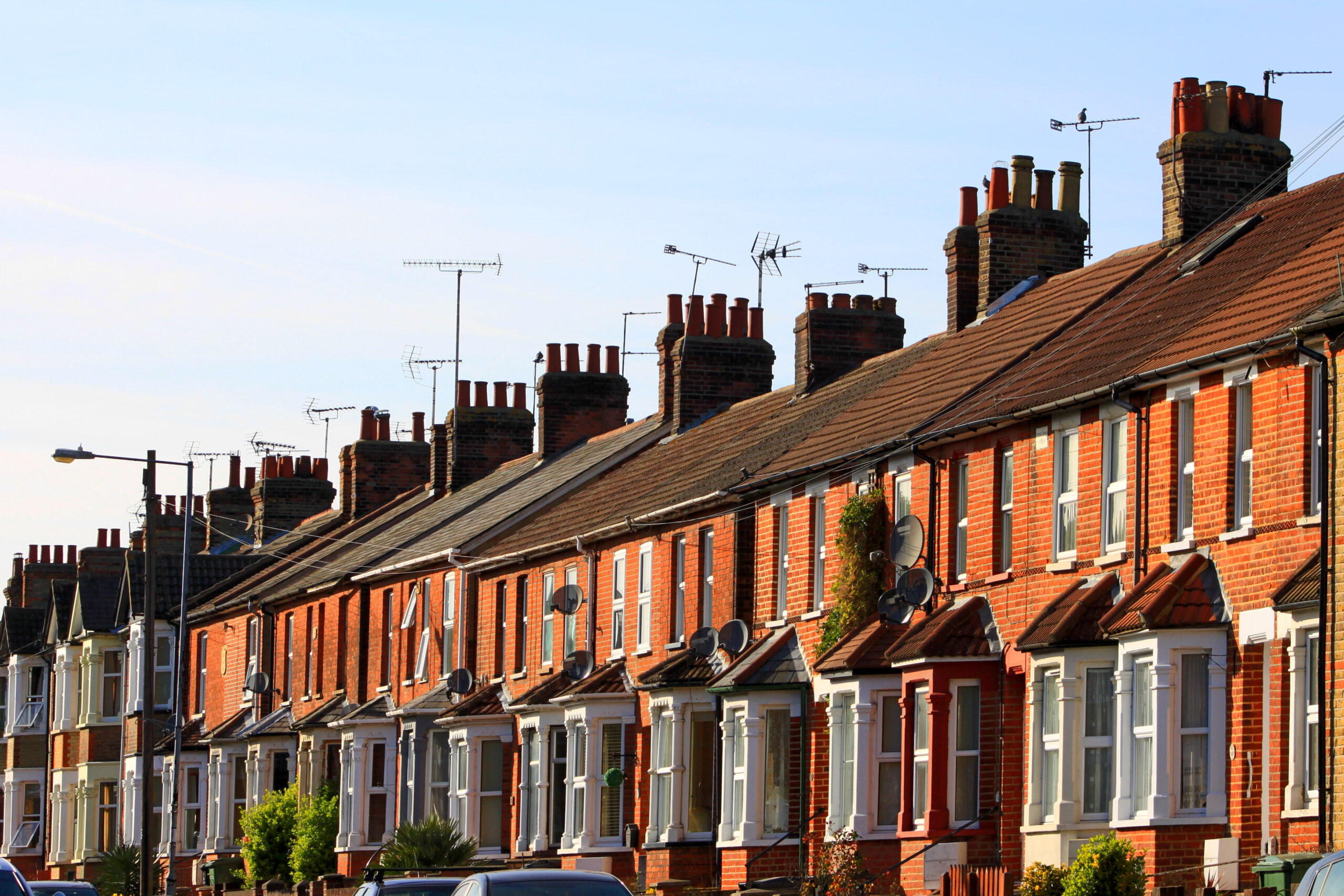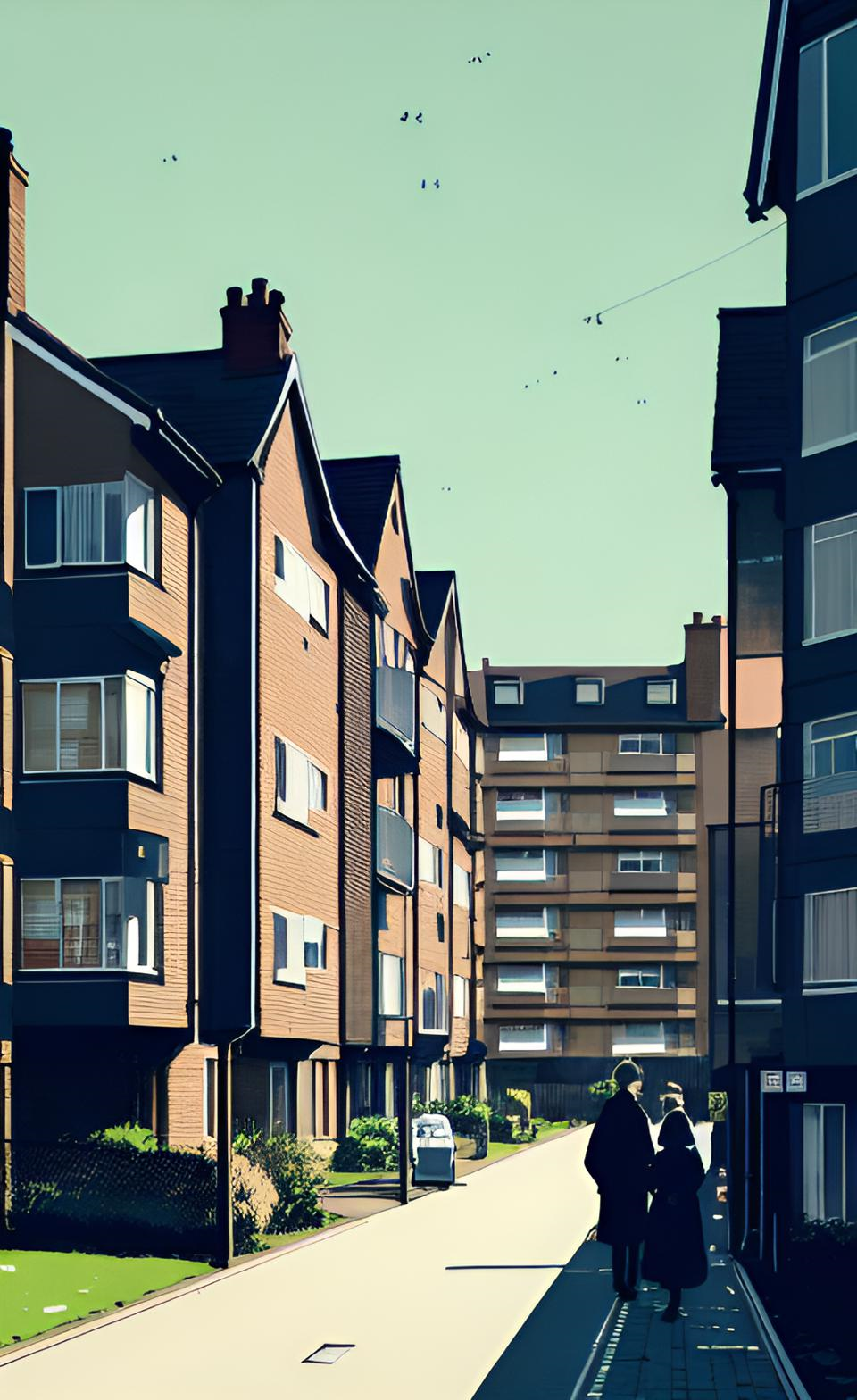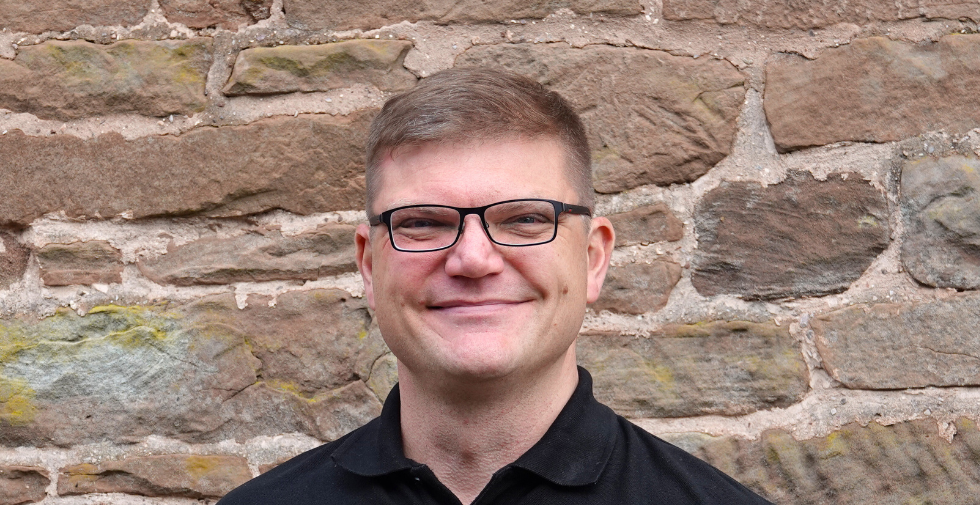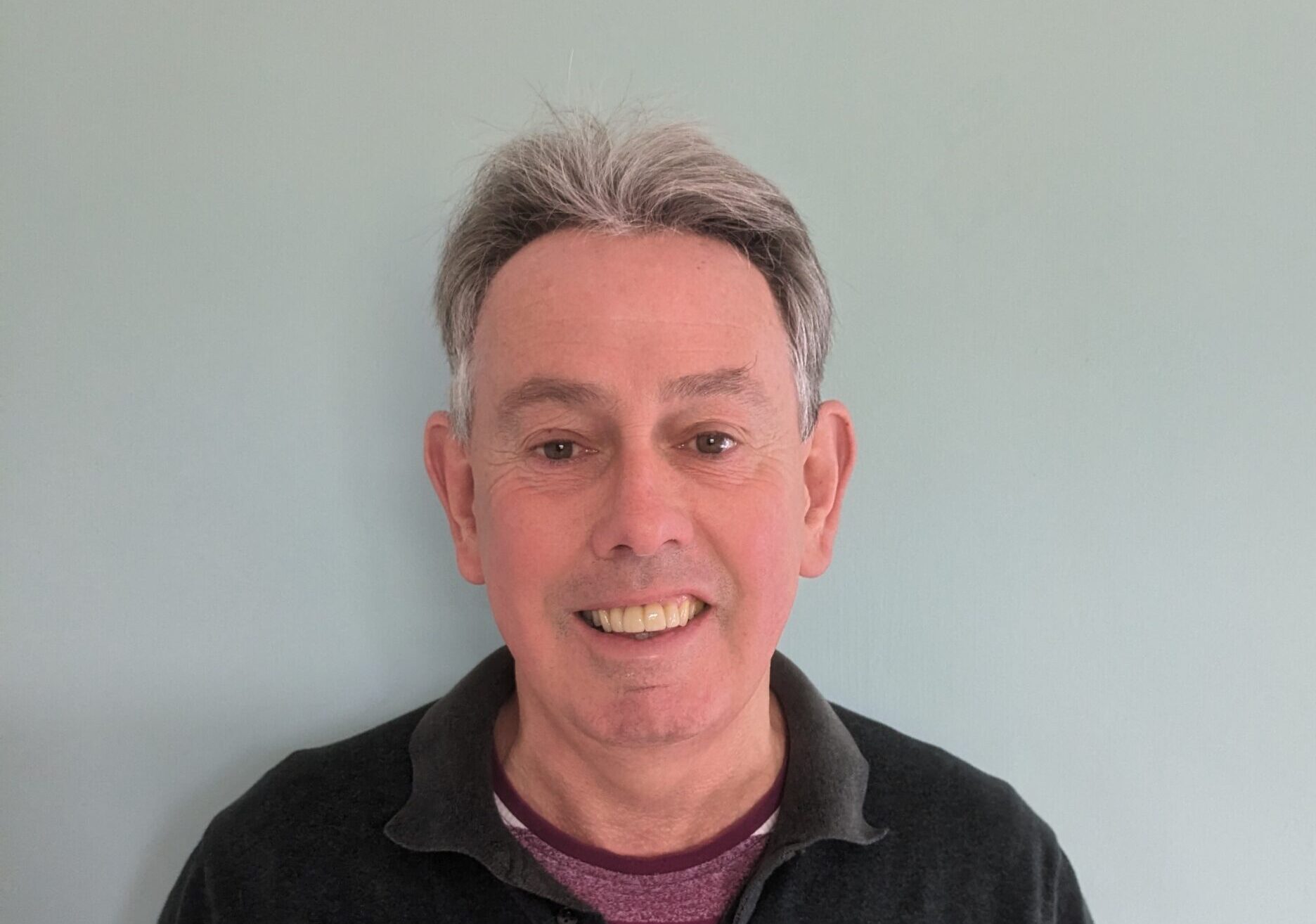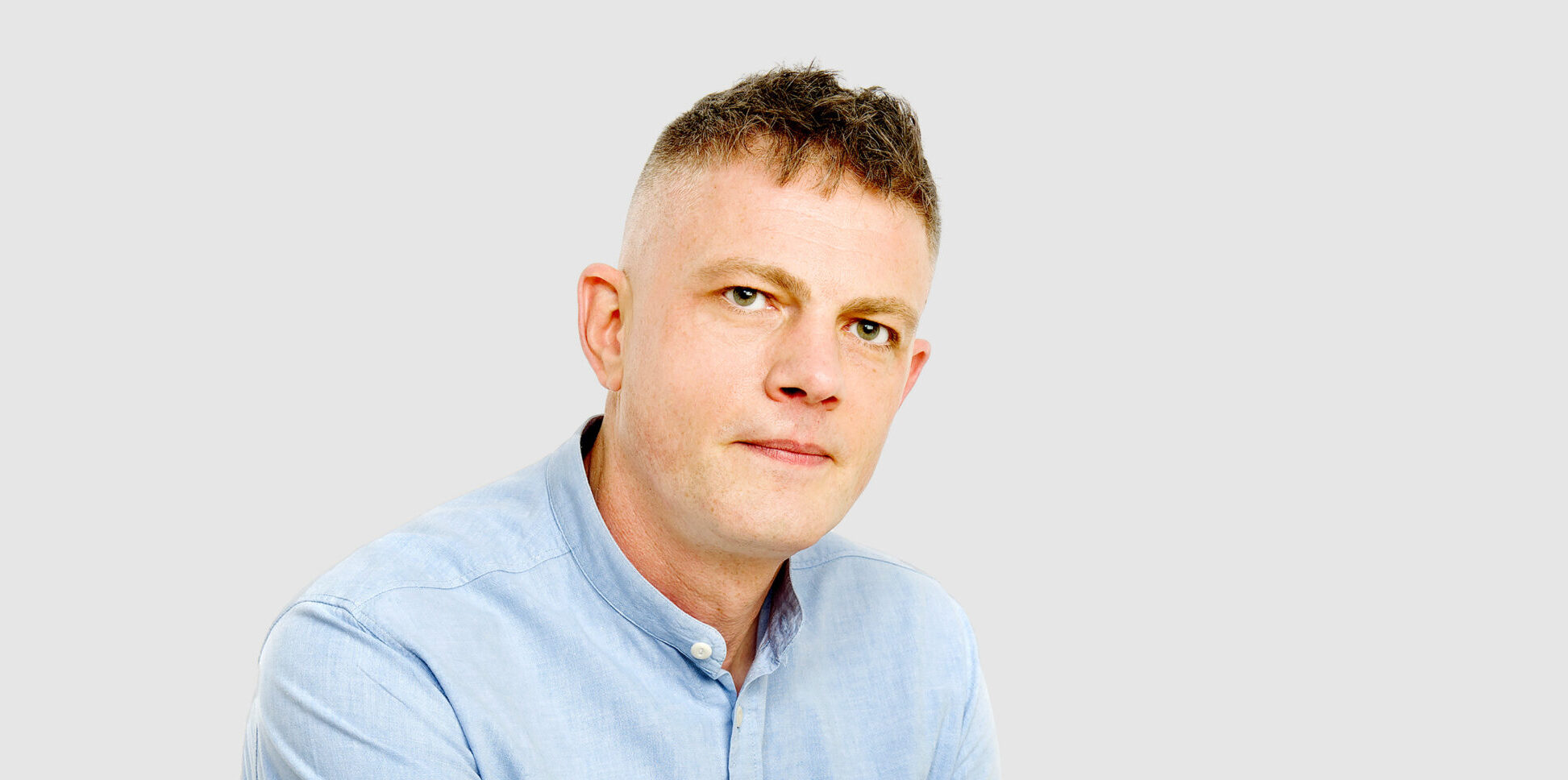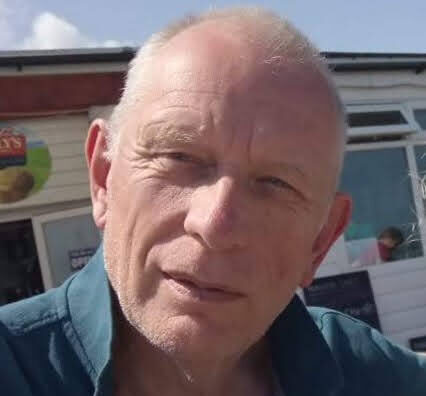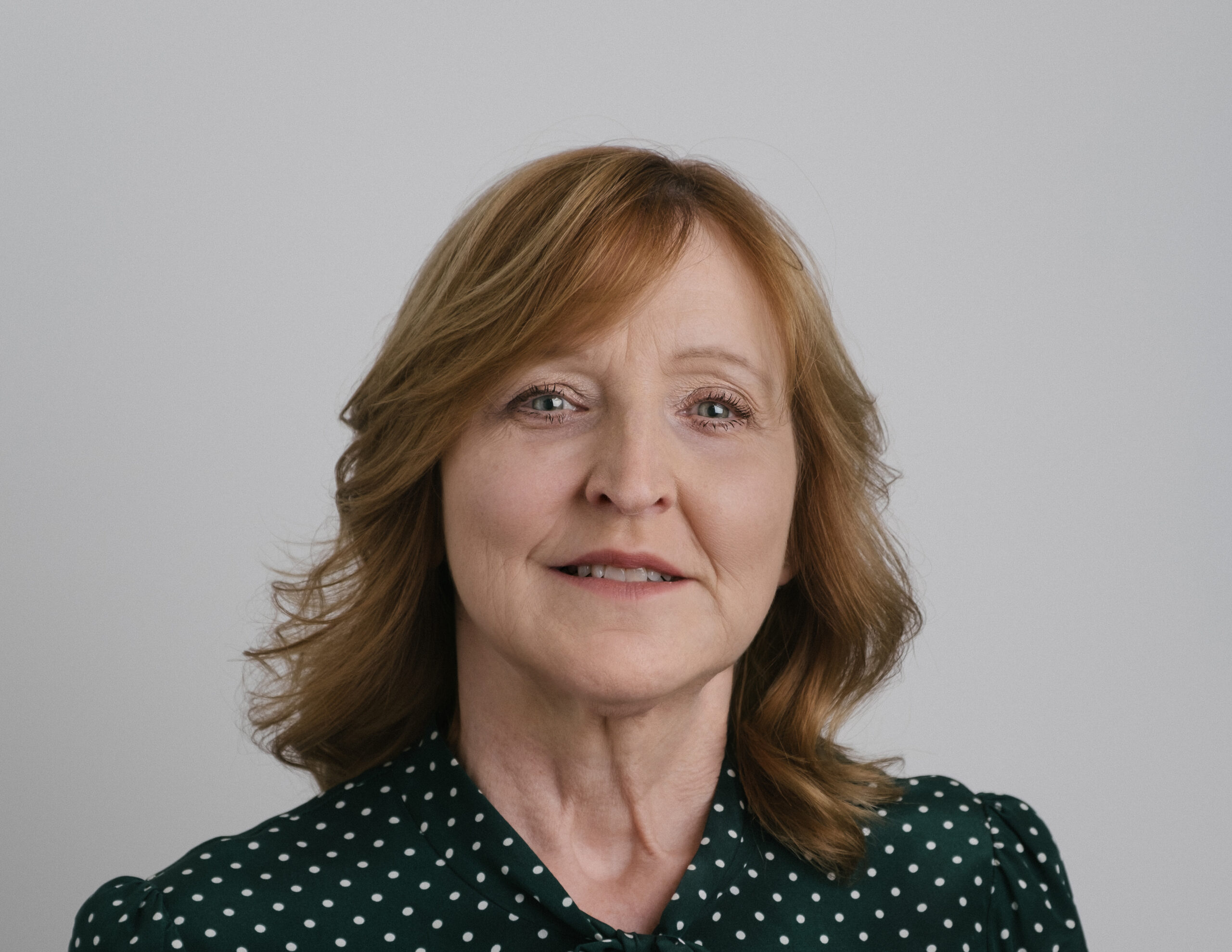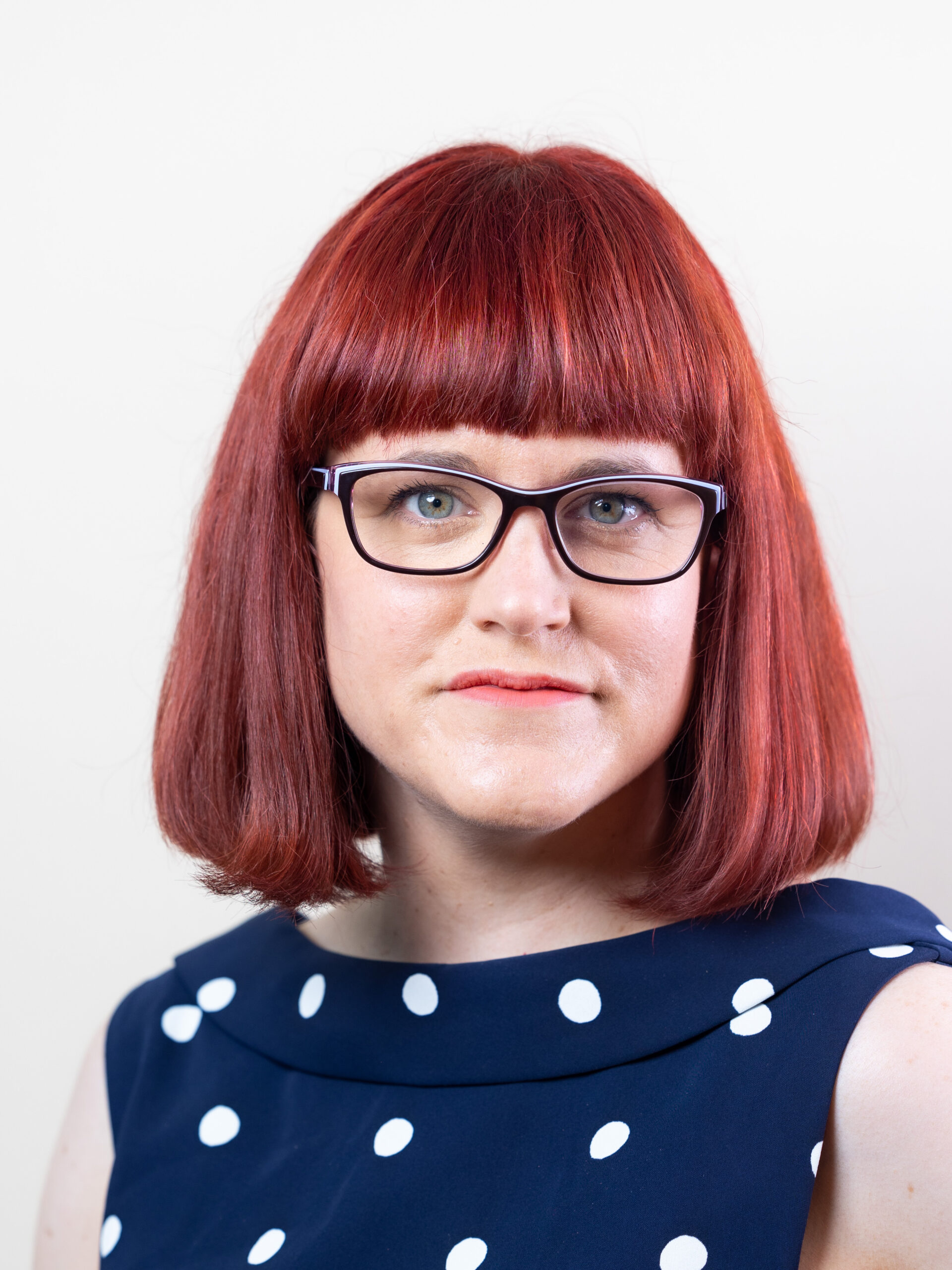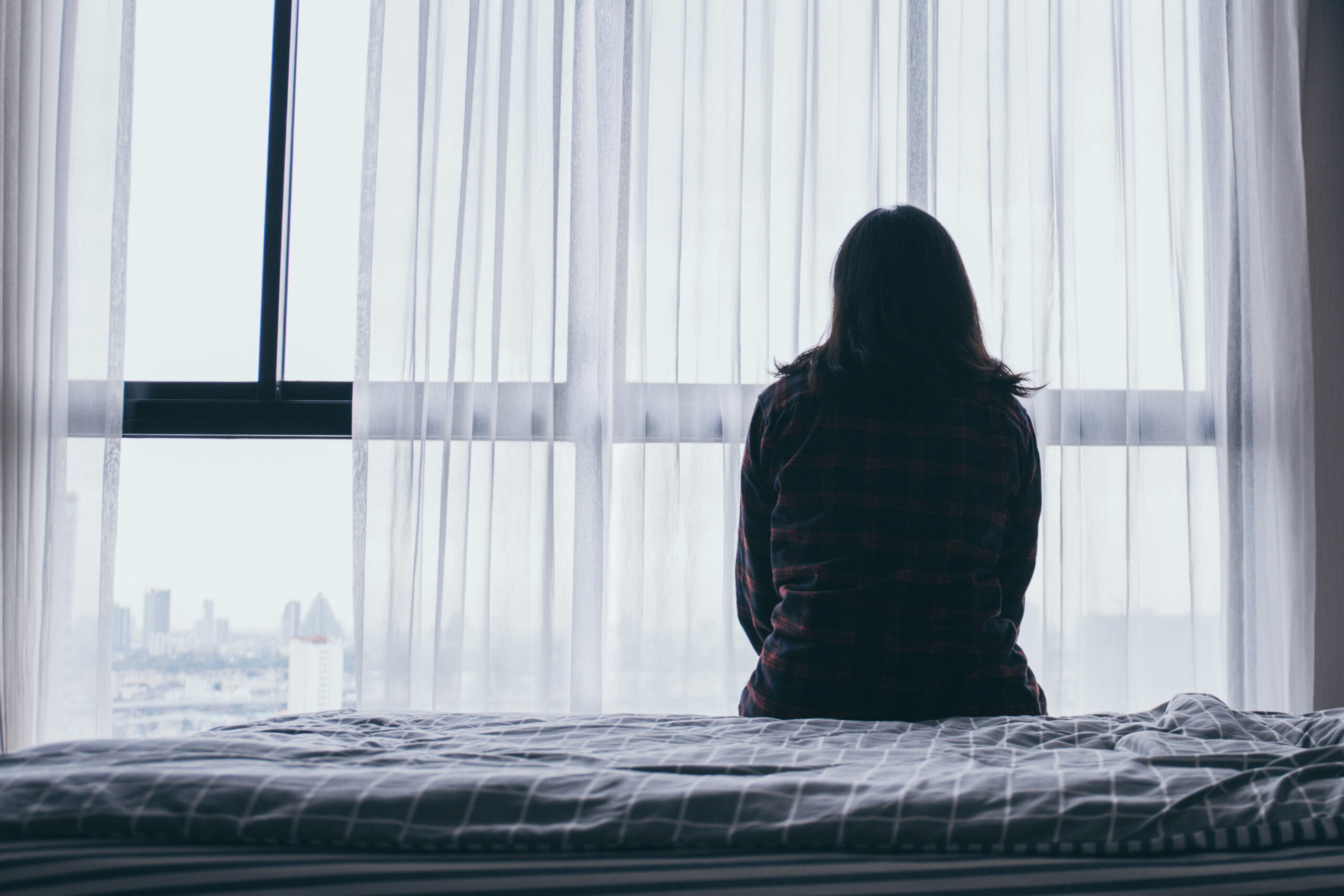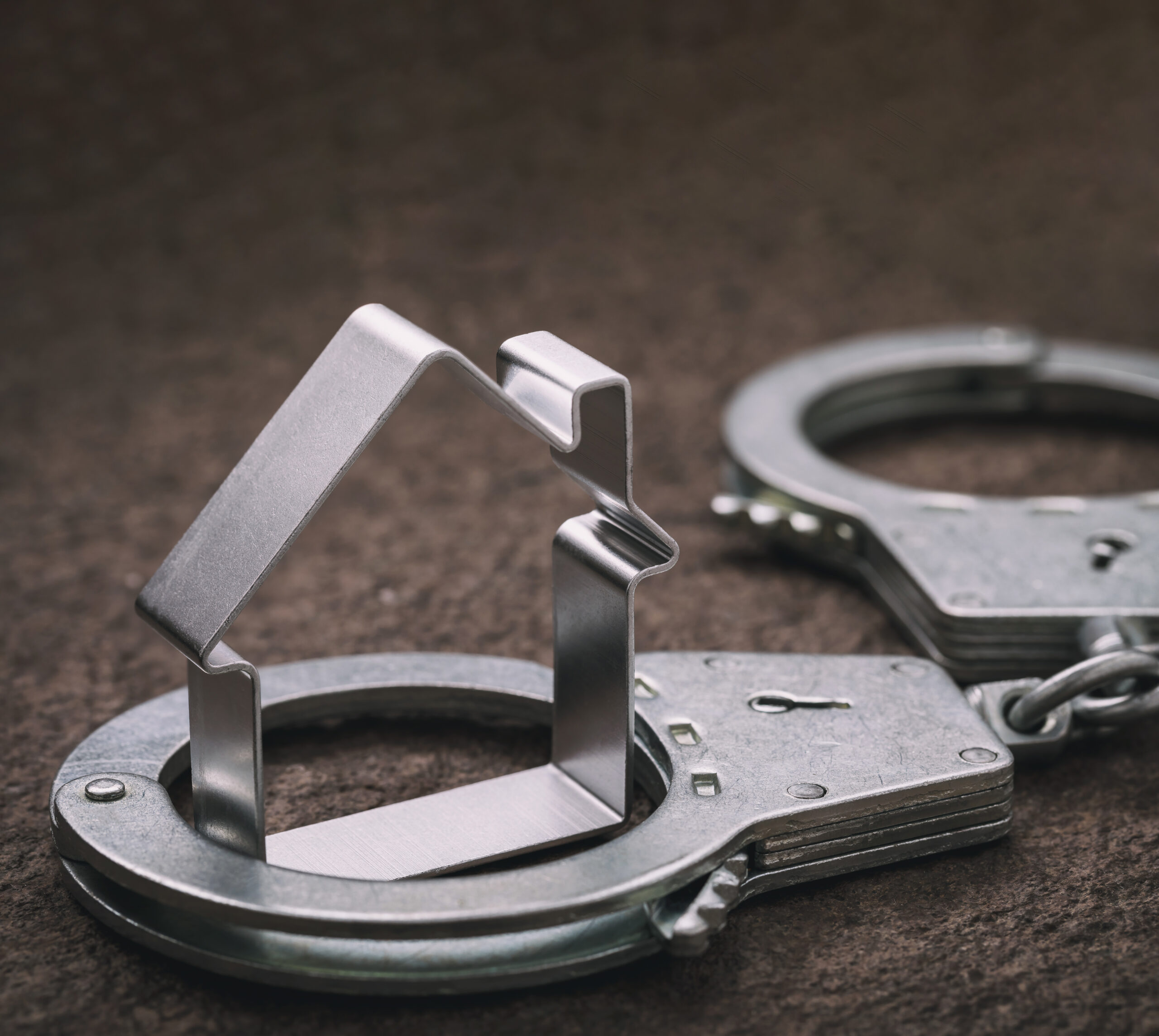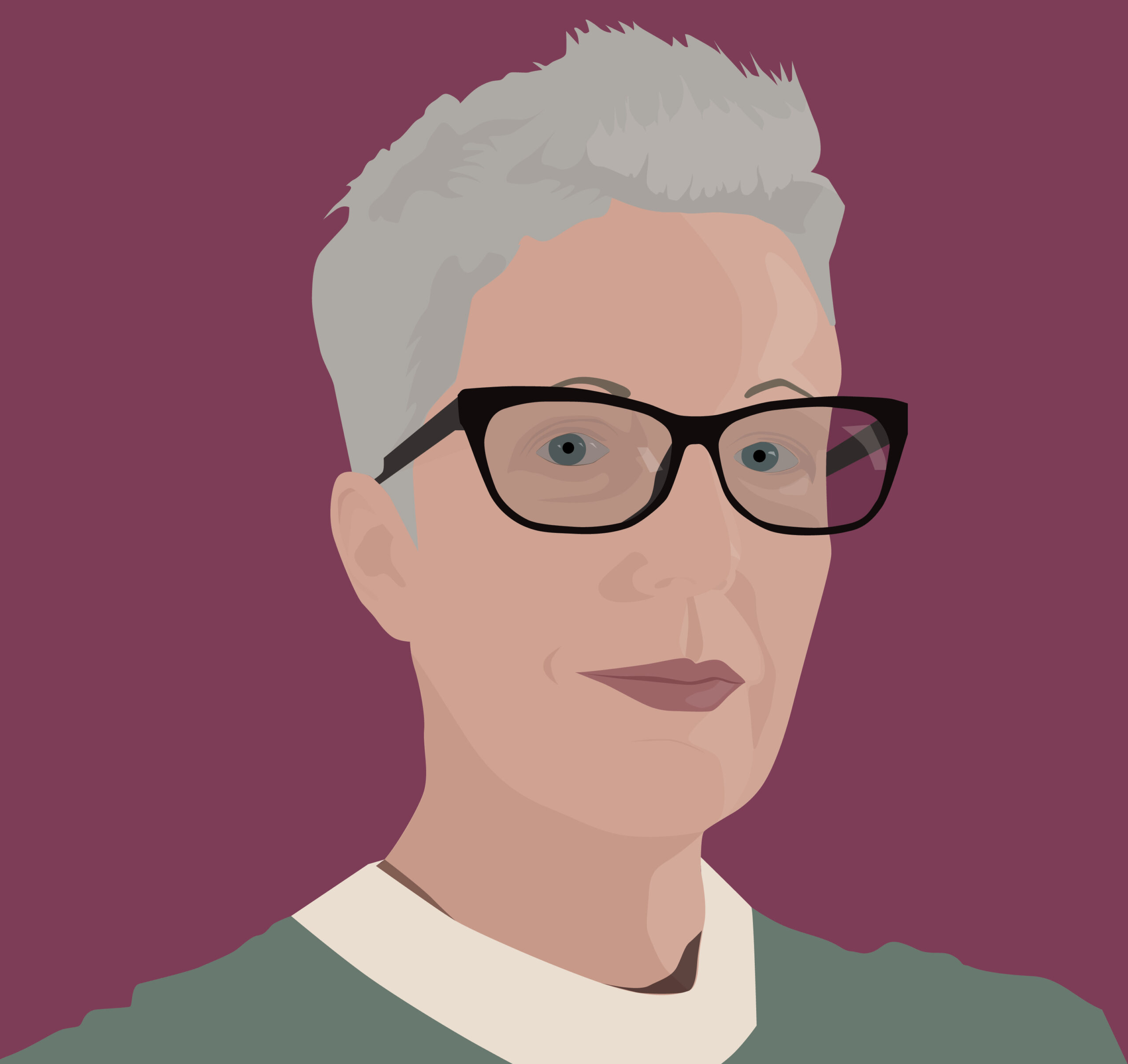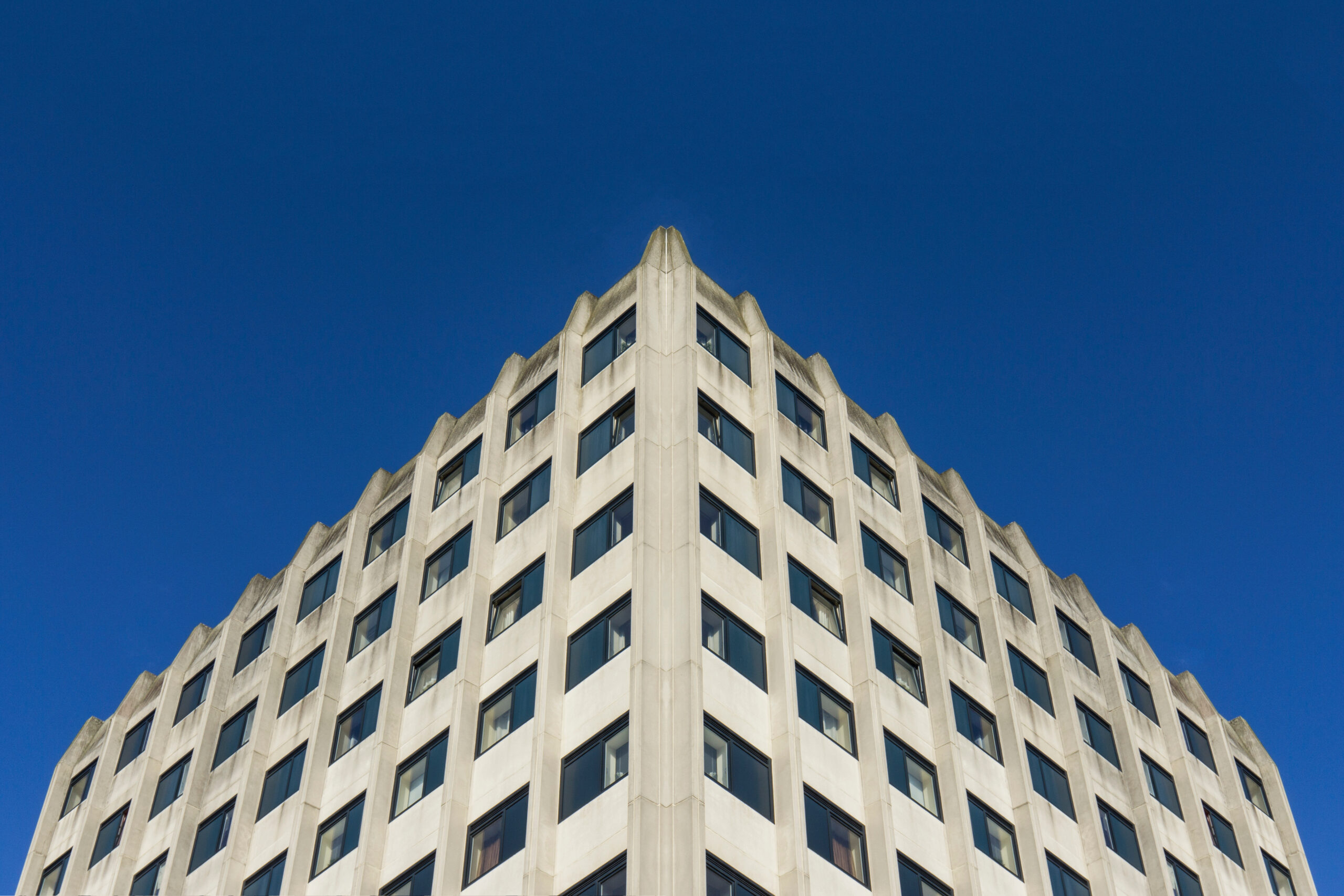The Windrush scandal shamed the British government, particularly the Home Office, and damaged the lives of thousands. “The hostilities experienced by Caribbean people and those from other Commonwealth nations began much earlier than 2018, when the scandal was first publicly uncovered within the mainstream media,” Roland Houslin, the co-founder of Justice for Windrush Generations, told HQN. Through the prism of two interviews with some of those affected by the scandal, Danielle Aumord exposes the desperate housing situation many were left in.
Angela and Gillian Whitelock

“We’re the British-born twin sisters of Edmond Graham, who was made homeless by Hackney Council and died as a result of the Windrush scandal.
“Our brother was born in Jamaica and came here in 1968 when he was two. He went to boarding school here, married here and had kids here. He was a Rastafarian. He was very intelligent and well read, and trained in painting, craft work, decorating, plumbing and tailoring.
“He had a black belt in martial arts. He was well dressed and took care of himself.
“He was more than just a brother to us – he was like a dad to us. Most weekends, we’d go to stay at his council house. He used to cook for everyone – friends and family. It was always a nice vibe.
“He even used to volunteer to take local elderly people to their medical appointments. But the problems started in 2012 when he went to Jamaica with his British-born children. Upon his return, the immigration staff at the airport asked for his paperwork. It was confusing. It was only because his kids were crying that they let him return.
“He hadn’t been naturalised, but before the Windrush scandal a lot of people coming from the Caribbean didn’t realise that they needed to do this. We were invited here by the British government but with one stroke of the pen, they began to fling us, the West Indian people, out. It was like everyone who had a slight accent was classified as illegals.
“Initially, when the problems first started, he didn’t tell us what was going on. But because he didn’t understand the government letters asking him about his status, he showed them to us and we started to write to the Home Office on his behalf.
“The Home Office investigated his case but they exhausted their timeline. They kept stonewalling us. For years they messed us around despite us sending them all the paperwork and records that they requested. They weren’t listening to our MP or to us.
“We can’t remain silent. We don’t want our brother’s death to be in vain. We’ll never forget him. We need there to be some type of legacy such as changes to the Immigration Act”
“They even threatened to put Edmond into a detention centre.
“We remember going to the immigration office in Croydon and hearing someone from Afghanistan say that they would throw themselves underneath the bus if a decision was made to deport them.
“The consequences of the situation were that he couldn’t leave the country. He missed our brother’s funeral, which was devastating for him. He then had no papers to work because he had a Jamaican passport, and his benefits were stopped.
“The council gave him a hard time to keep the house. They served him an eviction notice and eventually he lost the house in 2000. But it was more than a house: it was his art work, his sound system, his music, his family pictures, all of the memories, all gone just like that.
“His children and their mother had to go into a mother and children’s hostel but he wasn’t allowed to go with them.
“He had four children in that house. We also lived on that road for 14 years. This divided up the family. Hackney Council gave him another flat – only to evict him again – whilst we were waiting for the Home Office to confirm his status.
“He started to drink problematically. He became a different person. He cut off his locks, he didn’t brush his teeth. He started to talk to himself and suffered from mental psychosis. He became a shell of who he was. It was only in front of our mum that he didn’t drink, that he tried to hold it together.
“The council put him in a hostel. It was a complete dump. The washing machine there was broken. The hostel had cockroaches, mice and water ingress, damp and black mold. We tried to clean it to make it better for him. He used to come to stay with one of us, on our sofas, from time to time.
“By this time, he had cancer of the throat. It was so painful for him but he still used to volunteer to look after children for families also staying at the hostel.
“By this stage the NHS were threatening to take away his healthcare. It was like they were saying: ‘You’re sick, you can die’. He felt uncared for and eventually they refused to treat him.
“He’d also been admitted to residential rehab because of his drinking but because of the problems with his immigration paperwork, that treatment was also stopped.
“Our mum, aged-80, was even denied medication by the NHS. They said she was illegal, despite having worked in an old person’s home for 40 years. She used to bring the neglected residents who didn’t receive family visits to our home every Sunday for a good dinner.
“It was only when the scandal came out in the media in 2012, that we realised that we were going through the same thing as everyone else and were able to access some peer support. We went on a march, and it was then that we heard people talking about the Windrush scandal and we realised that this was what it was.
“We’d also never seen our brother cry before the Windrush scandal. It took away his manhood. He was never the same. We’ve been completely traumatised – and despite our own health issues, we did everything we could do to help him.
“Our brother was finally naturalised on 25 May 2019, which was four years before he passed away. He had pneumonia. He died, aged 63, in the same hostel he’d been placed in after being evicted by Hackney Council. Despite this, we’re so relieved that he didn’t die on the street. By this point, he was skin and bone.
“Our mum saw his body. He had cleaned his bed and lay down. It was like he knew that he was going to die. He looked peaceful, which is a comfort to us and a lot of people came to show love to him, to us, at the funeral.
“Many of the Windrush generation died from heart attacks, from stress-related cancer. Many died before receiving financial compensation for their traumas at the hands of the British government. But to be fair, it’s blood money. It can’t redeem the time.
“Every year, we celebrate the achievements of Windrush but have to remember what happened to our brother.
“Our mother, aged 85, used to be proud to be a part of the Windrush generation but now she’s crying. Before the Windrush scandal, we’d never seen our mum cry before. She even had a stroke as a result of the stress from the immigration case.
We can’t remain silent. We don’t want our brother’s death to be in vain. We’ll never forget him. We need there to be some type of legacy such as changes to the Immigration Act. We also want the repatriation of everyone that’s been wrongly deported.”
Harold Gerber

“It’s not only Caribbeans that are being impacted by Home Office immigration discrepancies. I was born in Sierra Leone in 1964. I’ll be 60 next year and I’ve been impacted as well.
“I came here when I was nearly five-years of age and grew up in Croydon. I was actually naturalised in 1978 with my mother and two brothers.
“I remember when I first came here. There weren’t very many other black people, and we were often targeted through the sus law by the police.
“The sus (‘suspected person’) law was a stop and search law created in the 1824 Vagrancy Act, giving officers powers to arrest anyone they suspected of loitering with the intent to commit an arrestable offence.
“It was hard times. We had to look out for both the police and National Front. I was often physically attacked, so even before the issues with my immigration paperwork, this was already a hostile environment for me. They’ve been troubling Black peoples for a long time.
“I had my last British passport in 1999 and I even flew out to Barbados five years prior. But when I came to renew my passport, I was asked for my birth certificate from Sierra Leone. But there’s been a civil war over there so there was no way that I could find my paperwork. Our family home had been burnt down, so it was impossible.
“As a part of my new passport application, I had to send in my old passport. I photocopied it, just in case, as proof of my citizenship. And I was right to do that because each time I tried to apply for a new passport, they kept losing my paperwork, and on top of that they didn’t refund me the monies I paid for the application.
“I was denied benefits and the right to work because of all of this. I used to have a good job, teaching, plastering and building in the old Acton and West London college.
“I went from that to having to blag jobs because, through no fault of my own, I didn’t a new passport to prove that I could work legally. I even had to steal to survive and ended up in prison as a result.
“It really hurt me that I had to prove that I’m British. We paid for naturalisation, stood in front of the Queen, hand on the Bible and pledged allegiance to this country.
“As a consequence of my immigration case, I had trouble accessing legal aid to get representation. I couldn’t rent anywhere. I had to beg to sleep on people’s sofas.
“I was on the waiting list to be housed by Croydon Council for 16 years but at one point they said they that they couldn’t house me because I didn’t have a passport.
“It was a studio flat, and it was a s***hole. It was dirty, it was damp, it had an old seventies kitchen unit. I had to decorate the place myself”
“The council placed me in a YMCA hostel. It was drugs-ridden and that added to my trauma. I couldn’t sleep at night. Sometimes I still even sleep with the light on.
“I now have a mental health diagnosis of post-traumatic stress disorder and I’m taking medication for this.
“My case was going on for 15 years. I think that that’s enough to take its toll on anyone. My physical health has also been impacted because I took on a lot of work for cash that involved heavy lifting because I couldn’t get a legal job. I was very vulnerable, and I was taken advantage of. As a result, I’ve now got a hernia.
“Then one day I saw a poster for a Windrush meeting. I was so desperate that I went along to see if anyone could help me. The people there wrote a letter for me to the Home Office to advise them that I’d been naturalised and things started to straighten out from there.
“Eventually I got housed but only after the council sent letters to a friend’s house where I wasn’t staying. The letter said that if you don’t sign it, you’ll go down on the list. They messed up by sending that paperwork somewhere I wasn’t living and once this was uncovered, they offered me a council flat immediately.
“It was a studio flat, and it was a s***hole. It was dirty, it was damp, it had an old seventies kitchen unit. I had to decorate the place myself.
“But at least my grandchildren can visit me there. I feel calmer because of this. They couldn’t visit me at the hostel because there were too many Class A drug users there. I’ve even got a trampoline outside of my flat, as it’s on the ground floor of a tower block.
“I’ve been living there for five years now but I’d still want somewhere more suitable for me. It’s actually against the law for someone my age to be housed by a local authority in a studio flat.
“Overall, my housing situation has just been an extension of all the other racism I’ve experienced since living on British soil.
“The Home Office have all of my information within their computers. You know, it’s like the book 1984 by George Orwell, so they should have just been able to find me in their system. I’ve been made compensation as a result of my troubles but it doesn’t equate to all of the stress that I’ve experienced and the tablets that I now have to take for my mental health.”



